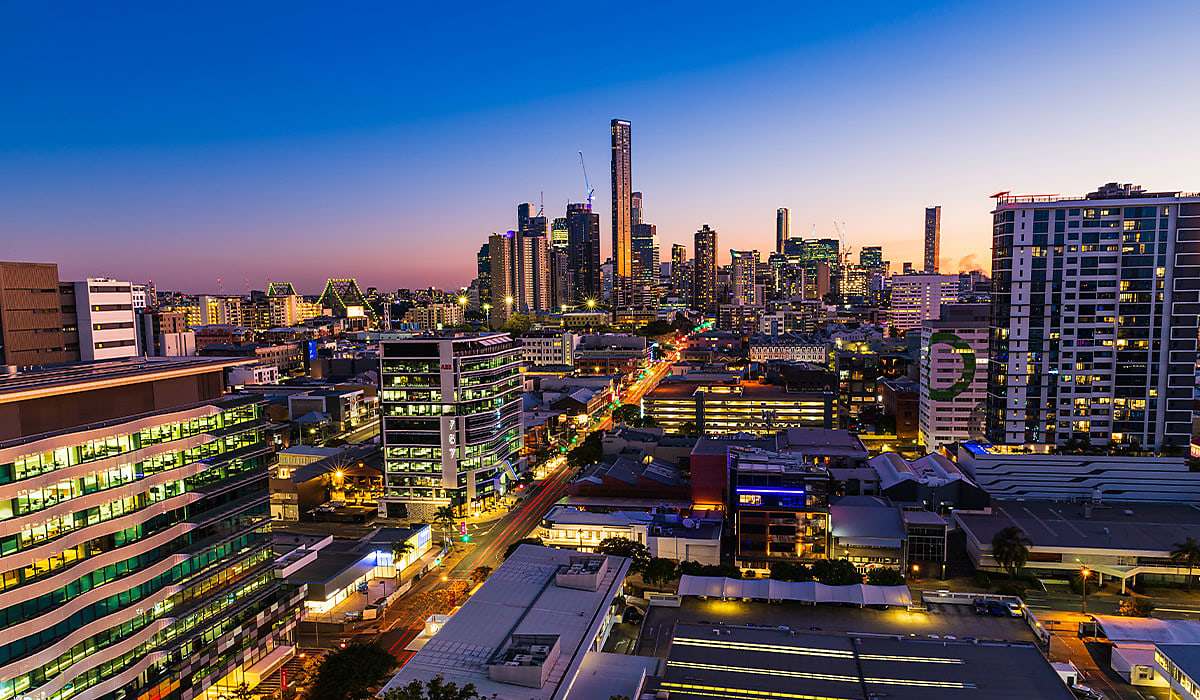Qld’s ‘shovel-stopping taxes’ must be overhauled to reverse state’s $218bn debt: PCA
With Queensland’s debt set to hit $218 billion by 2028, the peak body has called on the state to overhaul its taxation policies around international capital.

Following the release yesterday of Queensland’s latest Mid-Year Fiscal and Economic Review (MYFER), the Property Council of Australia has called on the Queensland government to work alongside the private sector to attract investment back into the state.
Within the financial update, the government revealed that the state is set to post an operating deficit of $6.9 billion in 2025–26, before deteriorating further to losses of $9.2 billion in both 2026–27 and 2027–28.
The Queensland government also revealed that total debt is expected to increase to $218 billion by 2027–28, noting this would comprise “almost $40,000 for every man, woman and child in Queensland”.
Speaking on the latest MYFER report, Property Council Queensland executive director, Jess Caire, said the findings highlight the “vital role of the private sector in stabilising Queensland’s fiscal position”.
“Queensland has a massive pipeline of projects needed to support our growth and today’s update shows that the government simply cannot afford to deliver these projects on their own,” Caire said.
In order to re-incentivise private investment in Queensland, Caire called on the state government to ensure that Australian-based businesses using global funds are not being unfairly taxed.
In particular, Caire emphasised that the state must ensure domestic businesses are not hindered by Queensland’s 8 per cent additional foreign acquirer duty (AFAD) surcharge on stamp duty, and 3 per cent foreign land tax surcharge (FLTS) on land tax.
After previously stating that Queensland's taxation policies on international capital have “put the handbrake on housing delivery”, Caire highlighted that the state’s “prohibitive tax settings” have now cost Queensland around 33,00 new dwellings and up to 38,00 jobs between 2016 and 2024.
“Shovel-stopping taxes such as AFAD and FLTS are holding up Queensland’s housing supply by driving away the private capital needed for new projects and increasing reliance on government funding,” Caire said.
Sharing her viewpoint that the “private sector is banging down the door to invest in Queensland”, Caire reiterated that “now is the time” to “remove all barriers from planning to tax settings to welcome that much-needed investment”.
The effects of Queensland’s tax policies on housing supply was further illustrated in the Australia Bureau of Statistics’ latest Building Activity data which revealed that the state is already 33 per cent behind the level needed to meet 2029 housing targets set under the National Housing Accord.
Caire described the housing data, in conjunction with the MYFER report, as “alarming” and an indication that “there is no time to waste in rolling out the red carpet to welcome the investment needed for the houses and infrastructure of the future”.
